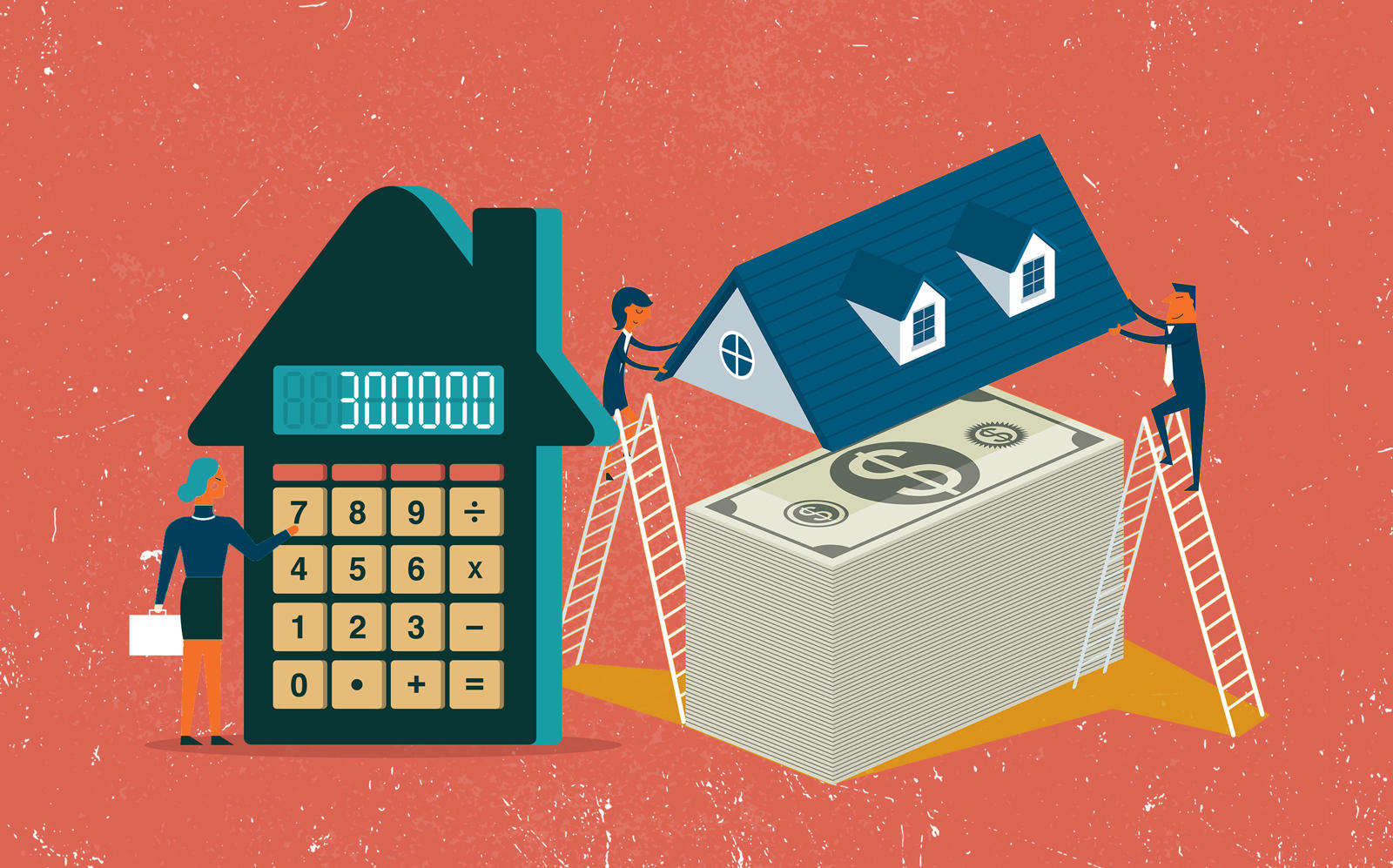Trending
Moody’s chief economist says housing correction — but not crash — is on the way

Much higher mortgage rates will lead to lower housing prices in “juiced” markets such as Phoenix and Tucson in Arizona, the Carolinas, northeast Florida, and Boise, Idaho, but won’t end up crashing prices overall, a top economist predicted this week.
Bloomberg is reporting that Mark Zandi, chief economist at Moody’s, made the prognosis during a housing policy summit in Washington, D.C. where he said a lack of mortgage defaults and distressed sales would keep prices from falling too much.
“That’s when you get crashes, when you have lots of foreclosures and a lot of distressed sales,” Zandi said at the event. “That’s just not going to happen.”
Zandi noted that housing vacancy rates, which reached historic highs before the financial crisis that led to the Great Recession more than a decade ago, are at an all-time low and that the quality of mortgage underwriting this time around is high, with most loans are “plain vanilla” 30-year or 15-year fixed-rate products. Hence, there are no signs of subprime or negative amortization that came before the last foreclosure crisis.
On top of that, the preponderance of speculation and flipping is relatively low nationwide, easing concerns.
Low mortgage rates and a lack of housing inventory during COVID-19 lockdowns sent home prices skyrocketing during the last few years — a trend that is should slow as the Fed tightens policy and mortgage rates approach 6 percent. The central bank has been increasing rates in the past months in an attempt to lower inflation rates that have reached their highest level in decades.
The 30-year fixed-loan mortgage rate hit 5.81% this week, according to Freddie Mac data as reported by the New York Post, up from 3.02% the same week one year ago.
Rising interest rates already caused a housing market slowdown according to Lending Tree senior economist Jacob Channel.
“Fewer people are getting mortgages, homes are sitting on the market for longer and some sellers are cutting prices,” Channel told the Post.
Still, prices are yet to be affected. The National Association of Realtors said the median existing-home sales price was $407,600 in May, up 14.8% from one year ago.
[Bloomberg] — Vince DiMiceli




